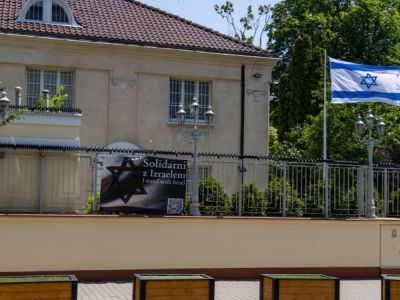A long-standing perception that South Korea will never allow foreign control of its key motor industry has been undermined by France's Renault SA's acquisition of Samsung Motors Inc.
The breakthrough came last week when Renault was warmly received in the southern city of Pusan, home to Samsung's burgeoning but failed factory.
Renault is the first foreign firm to acquire an auto factory in South Korea, Asia's second largest but extremely-closed market, heating up a race by international heavyweights to take over Daewoo Motor Co.
"Obviously, that's a positive sign," said Rudolph Schlais, president of Asia Pacific operations for General Motors Corp. (GM), suggesting that Renault's success would help GM's efforts to buy Daewoo Motor.
Competition was visible at a week-long motor show for imported cars that opened here Thursday, attended by GM, Ford Motor Co., Italy's Fiat and Germany's DaimlerChrysler, who have all applied to acquire Daewoo.
GM chairman Jack Smith is to attend the motor show next week on the heels of Ford's vice chairman Wayne Booker, who arrived here Tuesday for talks with South Korean officials supervising the auction of Daewoo Motor and creditor banks.
In 1998 Ford launched an all-out campaign to purchase then troubled Kia Motors Corp., but was outbid by South Korea's largest auto firm Hyundai Motor Co.
It is certain that the Renault deal will convince foreign bidders of their chances.
But analysts cautioned that the auction of Daewoo Motor was more complicated, citing deep-rooted negative views among many South Koreans over selling part of the industry they are proud of to foreigners.
"The impact [of the Samsung deal] is neutral," said Bill Hunsaker, an ING Barings analyst in Seoul. "They are two separate issues."
Oh Ky-Chang of the state-run Korea Institute for Economics and Trade agreed: "Samsung Motors had only a minor market share here while Daewoo Motor once took a 30-percent share."
French flags were hoisted last week along the streets of Pusan, home to Samsung Motors, while the capital was hit by violent protests opposing the likely sale of Daewoo Motor.
South Korean trade unions have urged the government to nationalize Daewoo Motor, troubled with a $7.6-billion debt, or face a general strike.
"Renault's success heavily relies on Pusan citizens' dire need to save its moribund economy, and Renault was the only bidder," Oh said.
He said the sales of Samsung Motors and Daewoo Motor were different in terms of the impact they would have on the market.
Samsung Motors has an annual production capacity of 240,000 units compared to Daewoo Motor's capacity of two million units.
Tough, but in the long term healthy, competition await South Korean auto makers if Daewoo Motor sells to a foreign buyer, Oh said.
He said the auction would go ahead as planned.
"The proposed sale of Daewoo Motor is already set on track."
Foreign firms have warned any setback in the auction of Daewoo Motor would seriously damage the government's desperate drive to gain foreign confidence in the market.
"[Foreign access to] the market has been improving very slowly, but only under pressure," complained Luder Paysen, a BMW Group sales executive.
A total of 2,401 foreign cars were sold last year in South Korea, where nearly one million units were marketed, according to the Korea Automobile Importers and Distributors Association -- SEOUL (AFP).
© 2000 Al Bawaba (www.albawaba.com)









